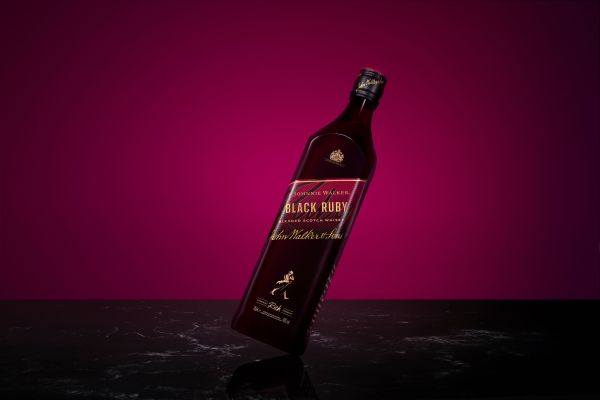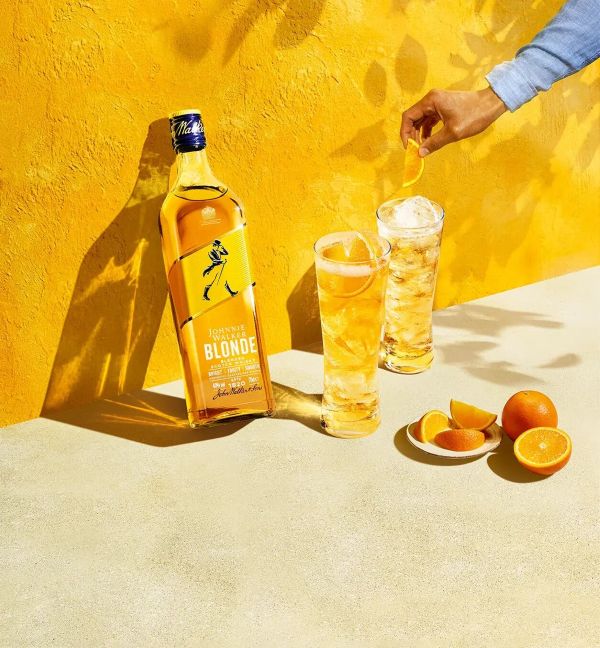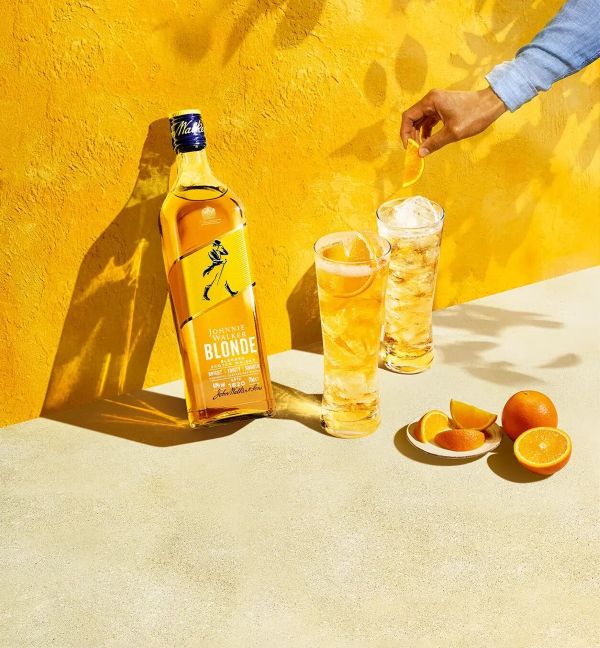Steadying the Ship at Diageo
At last week's full-year results, there were no unpleasant surprises for investors from Diageo's new interim chief after his predecessor, Debra Crew's abrupt departure. Listening in, Tom Bruce-Gardyne tries to assess what it might mean for the company's Scotch business …
Last Tuesday, together with other bleary-eyed hacks, I dialled in to an early-morning press call with Diageo's new interim CEO, Nik Jhangiani, to hear the company's "predictably ghastly results," to quote the FT. Operating profit was down by almost a third in the year to June, and yet with organic net sales rising 1.7% - marginally better than expected - shares closed 3.7% up that day.
Having thanked us for our "ongoing partnership with Diageo" – not something I was aware of – Jhangiani took off: "We continue to believe near-term pressure is largely cyclical and macroeconomic-driven. We are sharpening our strategy to get the whole portfolio firing on all cylinders …"
In recent months there has been speculation around selling off some non-core brands if only to reduce Diageo's US$21.9 billion of net debt. Captain Morgan rum has been talked of, and there are certainly a few Scotch brands that have languished in the shadow of Johnnie Walker and might benefit from new ownership. As of last week however, there is nothing to report.
What we did learn was that the promised US$500 million in cost cutting over the next three years as part of the Accelerate programme announced in May has been upped to US$625m. This inevitably provoked questions on redundancies, but Jhangiani insisted that wasn't the real issue.
"I really don't want you to think of Accelerate as being about job cuts," he told a reporter from Bloomberg. "Yes, it's a cost-saving programme, but ultimately, it's about investing for growth." Indeed, there are plans to recruit more "feet on the street" in North America, to work alongside distributors. "We are training them to be the beverage experts to help retailers grow their business," he explained.

On Scotch whisky, the talk naturally revolved around Johnnie Walker which "gained share of international whisky and Scotch, and recruited consumers," we were told. "But saw organic net sales decline, largely driven by the US, Asia Pacific travel retail and Greater China."
The brand stumbled 5% globally and by 10.6% in America, "due to overall Scotch category weakness" according to the accompanying press release, and yet managed to out-performed the category in the US, apparently. This tells you something about the depressed state of the drink's most valuable market where Diageo's other big blend – Buchanan's slumped 26%.
On a slide showing the three "largest global premium brands", Johnnie Walker sat flanked by a reinvigorated Guinness - up 13%, and Don Julio tequila whose net sales soared by 38% - a stand-out performance in these results. The poor Striding Man, which has been described as the 'very lifeblood of Diageo', appeared humbled by comparison.
Needless to say, Trump's 'keep 'em guessing', game show approach to global trade is hardly helping. The impact of tariffs on the company's operating profit for the next 12 months is estimated at US$200m, but Jhangiani believes "we could mitigate about 50% [of that] before any pricing actions."
"In times when the consumer wallet is under pressure, typically Scotch is one of the most inversely affected categories," he said. "In fiscal 2026, we are focussed on accelerating Johnnie Walker recruitment through premiumisation, and scaling innovation across the price-ladder."
He spoke of a recent trip to Thailand where "the activation and love for the Johnnie Walker brand is unparalleled to what I've been able to see," but admitted things were tough in China, where Diageo' net sales dropped 9% in the year to June. "Some of our competition is heavily discounting which we are clearly staying away from because we want to continue to protect and build our brand equities," he said of China.

When the company splashed £185m on its Johnnie Walker Experience in Edinburgh and the revamping of four of its core distilleries a few years ago, Scotch and its homeland was lucky to get the investment when it did. With its current focus on cost-cutting, it wouldn't have happened now you would imagine.
Does this put some of Diageo's 30-odd malt distilleries at risk, I wondered, especially the anonymous ones without visitor centres and their own single malt. Jhangiani wouldn't speculate on that. "Scotch is a probably very vibrant category," he said. Hopefully the "probably" was unintended.
He talked of recent innovations like Johnnie Walker Blonde "bringing more women into the category," and Black Label Ruby whose "tremendous flavours allow for great cocktails." But he seemed to agree that much more important is the halving of tariffs in India.
"We're very excited about that opportunity, but we'll pass that on to the consumer," he explained. "This will mean a price decline of high single digits which will mean a volume increase of approximately the same amount, and this will continue to support Scotch and Scotland in terms of what we'll do."

Award-winning drinks columnist and author Tom Bruce-Gardyne began his career in the wine trade, managing exports for a major Sicilian producer. Now freelance for 20 years, Tom has been a weekly columnist for The Herald and his books include The Scotch Whisky Book and most recently Scotch Whisky Treasures.
You can read more comment and analysis on the Scotch whisky industry by clicking on Whisky News.
